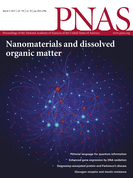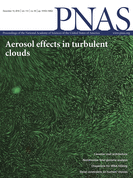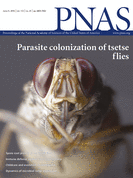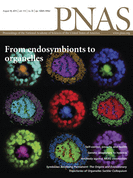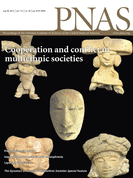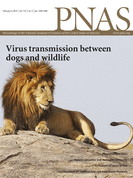Today isn’t a great day for Carlo Croce, chair of the department of cancer biology and genetics at The Ohio State University (OSU).
The New York Times has a lengthy article detailing the misconduct accusations that have swirled around Croce for years. We’ve covered many, but The Gray Lady obtained documents that show there have been many more.
The story mentions a 2013 letter from Ohio State University to pseudonymous whistleblower Clare Francis (which we reported on in 2014), acknowledging Francis’s allegations against Croce. However, in the letter, an administrator said OSU saw no reason to investigate Croce.
The story didn’t stop there, as the Times reports:
Continue reading Cancer researcher has dodged accusations for decades (and has a new correction)
